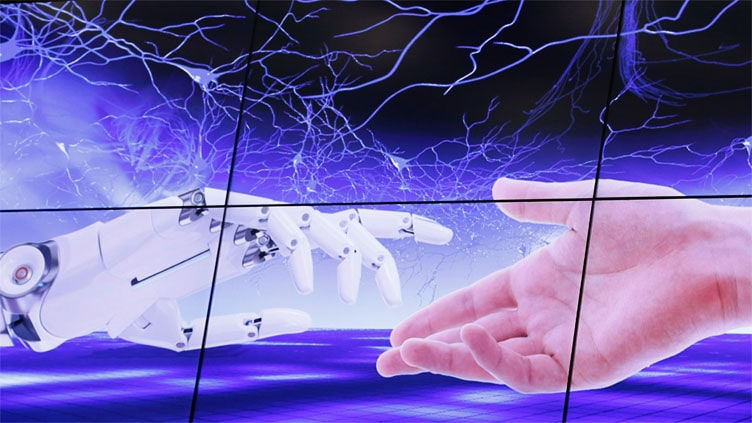Computers could understand human emotions

Technology
Paving the way for AI to become more perceptive and responsive to user emotions
(Web Desk) - In the realm of affective computing, where understanding users' emotional states is paramount, researchers at the University of Jyväskylä, Finland, have introduced a groundbreaking model that promises to revolutionize human-computer interaction.
Associate Professor of Cognitive Science, Jussi Jokinen and the team has devised a model rooted in mathematical psychology, enabling computers to comprehend and interpret human emotions with unprecedented accuracy.
Traditional approaches to affective computing often fall short due to the intricate relationship between users' cognitive states and their emotional responses.
However, the innovative model developed in Jyväskylä bridges this gap by leveraging principles of mathematical psychology.
This breakthrough not only enhances human-computer interaction but also opens new avenues for smart technologies, including artificial intelligence systems, to become more perceptive and responsive to user emotions.
The model enables computers to anticipate a wide range of human emotions, including joy, irritation, boredom, rage, despair, and anxiety.
Researchers have laid the foundation for computers to understand and appropriately respond to users' emotional states by incorporating cognitive evaluations of events from various perspectives.
In practical terms, this means that computers equipped with this technology can intervene during interactions by providing additional instructions or adapting their behavior based on users' emotional cues.
This level of emotional intelligence holds immense potential for enhancing user experiences across a myriad of applications, from personal assistants to educational tools.
The research conducted at the University of Jyväskylä not only addresses the current shortcomings in human-computer interaction but also offers a glimpse into the future where computers transcend their traditional roles as tools and evolve into empathetic companions.
As the project progresses, further exploration into the practical applications of emotional understanding in computing is underway, promising to reshape the landscape of technology-driven interactions.


